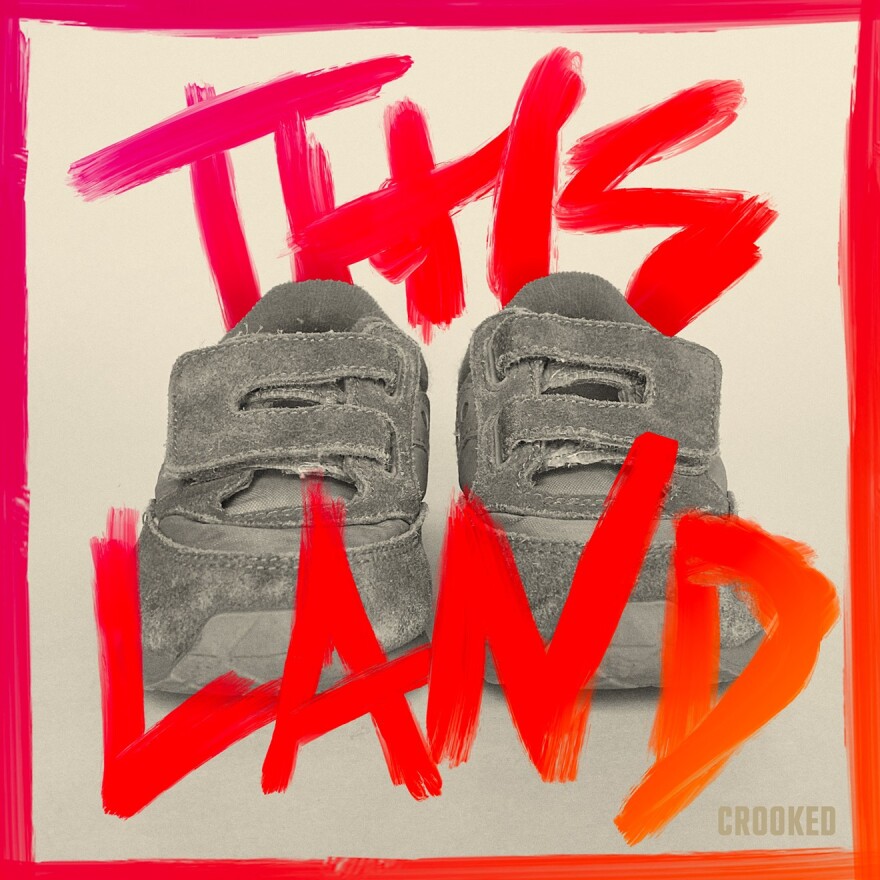With our free press under threat and federal funding for public media gone, your support matters more than ever. Help keep the LAist newsroom strong, become a monthly member or increase your support today.
The Indian Child Welfare Act Faces Its Biggest Challenge Yet

The Indian Child Welfare Act was signed into law following decades of U.S. policies aimed at forcibly assimilating Native children — including sending them to boarding schools .
Now, it’s facing its most significant challenge yet: Brackeen v. Haaland. The case could be taken up by the Supreme Court this term.
From The Associated Press :
The 1978 law has long been championed by Native American leaders as a means of preserving Native American families and culture. In arguments last year, an Interior Department lawyer said Congress passed the law after finding that adoption standards at the state level were resulting in the breakup of American Indian families.
Opponents of the law include non-Native families who have tried to adopt American Indian children in emotional legal cases.
“Our clients brought this case to protect their families from being torn apart by a discriminatory federal law,” Matthew D. McGill, lead attorney for the plaintiff families, said in an email. “We are very pleased that [April 2021’s] ruling has confirmed that ICWA’s discriminatory placement preferences are unconstitutional.”
The second season of the podcast “This Land” follows Brackeen v. Haaland — and the impact of ICWA — as it moves through the courts. We talk with host Rebecca Nagle and a legal expert.
Copyright 2024 WAMU 88.5. To see more, visit
WAMU 88.5
. 9(MDA1OTI3MjQ5MDEyODUwMTE2MzM1YzNmZA004))








